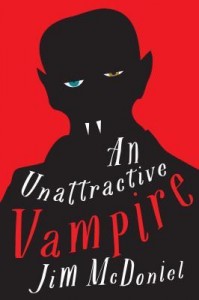Modern Myths
I have always been fascinated by mythology and, to a lesser extent, the religions surrounding it. Or that created the myths in the first place. Having been raised religious only to eschew that way of life as I get older, as many people in my generation have, I still remember the stories that are part of the mythos of Catholicism*1: God creating the world in seven days*2, Noah’s ark, David and Goliath, The Book of Revelation, and others. These are shared archetypical stories transcending cultures, even if details differ. The Creation Myth*3, The Ark*4, Divine Intervention*5, and The End of the World as We Know It*6 link with the stories mentioned. With these tales being archetypical, it’s only natural that they get repackaged and repurposed as time passes. Sometimes they’re brought into modern times but maintain the same message or ideas. Other times authors take them in a different direction or focus on characters that were sidelined in the original tale, which is particularly common with female characters. These rewrites can be serious, satirical, feminist, drive home An Aesop*7, or just stories that use mythology as a jumping-off point for something otherwise original.
